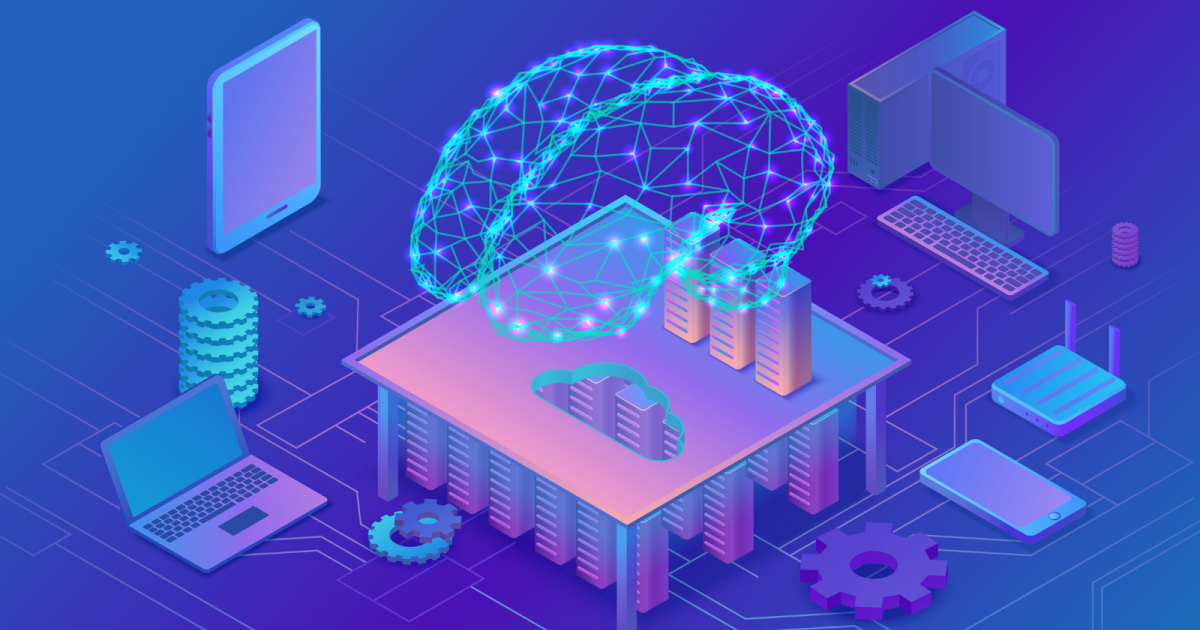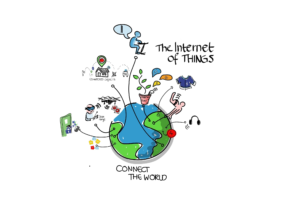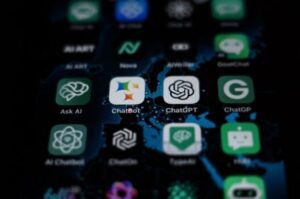How Artificial Intelligence Will Change the Way We Work Forever

Artificial Intelligence is rapidly transforming the future of work, reshaping industries, and altering the way we interact with technology. This revolutionary technology promises both exciting opportunities and considerable challenges. This comprehensive guide explores the profound impact of AI on the workforce, dissecting how it will reshape professions, job roles, and the very essence of employment. We’ll delve into the potential benefits, identify potential concerns, and, most importantly, offer strategies to navigate this evolving landscape effectively. We will examine the specific tasks AI might take over, new skills needed to thrive in the AI-driven environment, and the measures professionals can take to adapt and prosper. This article will provide a framework for understanding the key changes ahead and equip you with practical steps to prepare for the future.
1. The Rise of AI in the Workplace:
1.1 Defining the Impact of AI:
Artificial intelligence (AI) is rapidly reshaping industries worldwide. From automating routine tasks to driving innovative solutions, AI’s influence permeates every aspect of modern business. This has led to a growing expectation that AI will impact every industry and every worker. While some envision a future of widespread job displacement due to automation, others see an opportunity for unprecedented growth and collaboration. The key to navigating this transition lies in understanding both the challenges and the opportunities ahead. We will explore the potential for job loss and the critical need for continuous learning and adaptation.
1.2 Challenges Posed by Automation:
One of the most significant concerns surrounding the rise of AI is the potential for job displacement. Many routine tasks currently performed by humans can be easily automated through AI-powered systems. In the manufacturing sector, robots are already performing complex operations with increased speed and efficiency. This automation can lead to job losses in roles that are largely focused on repetitive actions, such as data entry, customer service, and basic manufacturing tasks. As AI takes on increasingly complex tasks, concerns about job security are legitimate and require careful consideration. These challenges are not insurmountable, but necessitate a strategic response from individuals and organizations alike.
2. Adapting to the AI-Driven Economy:
2.1 Reskilling and Upskilling Initiatives:
The future of work demands continuous learning and adaptation. The rapid advancements in AI necessitate a shift in focus towards roles that require human skills, such as critical thinking, creativity, problem-solving, and emotional intelligence. Reskilling and upskilling initiatives are crucial to navigating this transition successfully. Employees need to proactively seek out opportunities to develop skills in emerging technologies and fields, potentially via online courses, workshops, or specialized training programs. Individuals should be encouraged to adapt their skills to align with the evolving requirements of the AI-powered job market.
2.2 New Roles and Opportunities in the AI Era:
The advent of AI also presents novel opportunities for skilled professionals. New roles are emerging in areas like AI development, data science, machine learning engineering, and AI ethics. These fields are poised for substantial growth, offering opportunities for individuals to leverage their skills and contribute to the development and application of AI technology. This shift in the job market highlights the need for proactive upskilling initiatives to equip the workforce with the competencies of the future.
3. The Future of Work in Specific Sectors:
3.1 AI in Healthcare:
The healthcare industry is experiencing a significant transformation with AI. AI-powered diagnostic tools are becoming increasingly sophisticated, enabling faster and more accurate diagnoses. This leads to potentially better patient outcomes and more effective treatments. These advancements necessitate retraining for healthcare professionals to utilize AI as a tool in their practice, rather than a replacement. This involves a shift in skill focus to include data interpretation and utilization alongside traditional medical skills.
3.2 AI in Customer Service:
AI chatbots and virtual assistants are increasingly prevalent in customer service. These automated systems can handle routine inquiries and provide instant support, leading to increased efficiency and cost savings for businesses. While these systems are beneficial, they do not replace human interaction, but rather augment and streamline the customer service experience. As AI-powered tools evolve, customer service representatives can focus on more complex issues, requiring nuanced human interaction.
4. The Importance of Human-AI Collaboration:
4.1 Augmenting Human Capabilities:
AI tools are not designed to replace humans but rather to amplify human capabilities. By automating mundane tasks, AI allows human employees to focus on higher-level responsibilities, boosting creativity, and enhancing productivity. Effective collaboration between humans and AI systems will be crucial to achieve the full potential of both. This collaboration fosters a more dynamic and efficient work environment. AI can assist with data analysis, research, and forecasting, which frees up valuable human time for more strategic initiatives and creative problem-solving.
4.2 Creating New Avenues for Innovation:
The synergy between AI and human intelligence creates exciting opportunities for innovation. AI can assist in generating new ideas, identifying emerging trends, and developing novel solutions that may have remained elusive through human efforts alone. This collaborative approach unlocks unprecedented possibilities in numerous fields, stimulating economic growth and societal advancement.
Related Post : How Biotech Is Pushing the Boundaries of Medicine and Healthcare
5. Strategies for Adapting to Change:
5.1 Continuous Learning and Skill Development:
The key to success in an AI-driven economy is continuous learning. Individuals need to embrace a growth mindset and cultivate a passion for continuous learning and skill development. This includes keeping abreast of emerging technologies, exploring new skill sets, and adapting to changing industry needs. Staying relevant in the job market requires a commitment to lifelong learning to remain competitive.
5.2 Embracing Flexibility and Adaptability:
The future of work necessitates a willingness to adapt and embrace change. Individuals should anticipate evolving job descriptions and be prepared to adjust their roles and responsibilities as AI transforms the way we work. Adapting to new skills and roles will become increasingly crucial in the future.
Q2: How can I prepare for the future of work with AI?
Preparation for the AI-driven job market involves continuous learning, upskilling, and adaptability. Stay informed about emerging technologies by exploring online courses or attending workshops. Develop in-demand skills like data analysis, critical thinking, and problem-solving. This preparedness ensures you remain competitive and valuable in the evolving landscape.
Q3: What industries will be most affected by AI?
Industries highly reliant on routine tasks, such as manufacturing, customer service, and data entry, are expected to undergo significant transformation. The use of AI is also rapidly increasing in healthcare, finance, and transportation. Consequently, adapting to this change across sectors is vital to ensure smooth transitions.
Q4: How can companies adapt to the changing workforce?
Companies must adopt a proactive approach to supporting employee adaptation. This includes investing in reskilling and upskilling programs, fostering a culture of continuous learning, and establishing clear strategies for integrating AI into workflows. This integration, combined with appropriate training and support, can help workers transition smoothly into the AI era.
Q5: What are the ethical considerations surrounding AI in the workplace?
The increasing use of AI raises crucial ethical questions. Issues such as bias in algorithms, job displacement, data privacy, and the responsibility for AI decisions must be addressed and considered. Creating ethical guidelines and establishing regulatory frameworks for AI in the workplace will be critical for responsible and equitable use.
In conclusion, Artificial Intelligence is poised to fundamentally alter the future of work. By understanding the shifts, adapting to new roles, and embracing continuous learning, professionals can navigate this transformative era successfully. Embrace the opportunities that AI presents and prepare for a future where human ingenuity and artificial intelligence collaborate to drive innovation and progress. Invest in upskilling and reskilling programs to adapt to the changing job market and seize the opportunities of tomorrow’s workforce. Learn more about how to navigate the future of work with AI by visiting [link to your website or relevant resource].
Share this content:














Post Comment